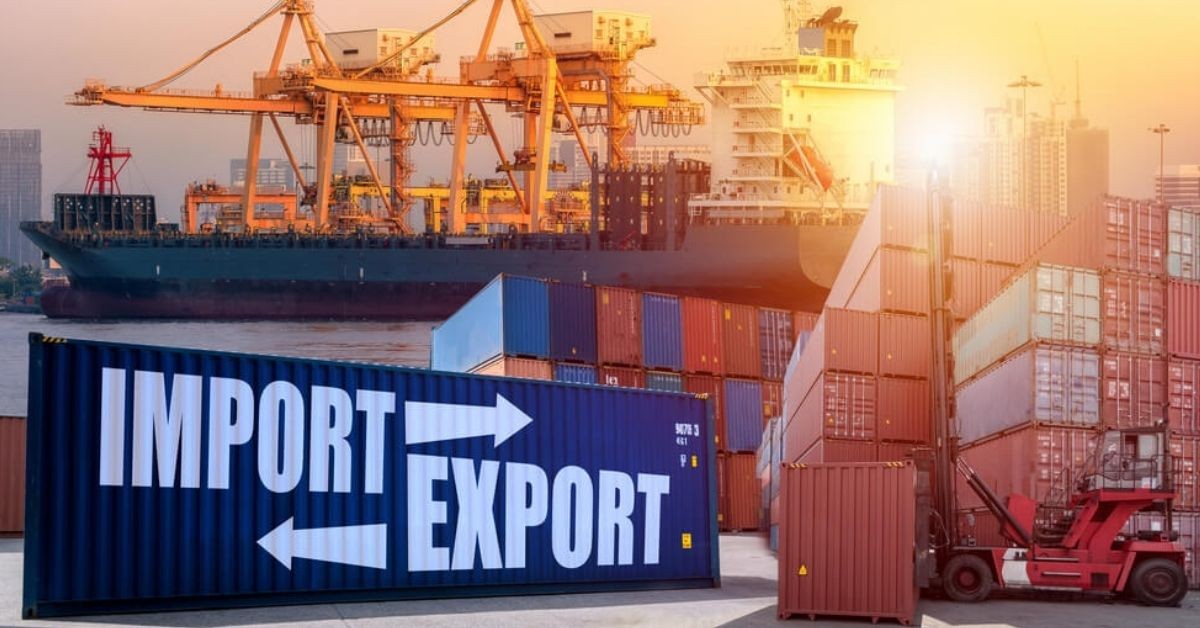The offer comes apparently unexpectedly as India promises Bangladesh free transit facility through her territory for exports to third countries. This is the opportunity land-locked Nepal and Bhutan have been looking for, for years, to use Bangladesh’s seaports for their international trade.
New Delhi’s transit offer, recorded in the joint statement issued on conclusion of the Bangladesh premier’s visit to India last week, should make the Bangladeshi business community excited about the prospect of exporting goods through India to third countries. This is certainly going to open up a new chapter of regional trade.
Also the leaders of the South Asian Association for Regional Cooperation (SAARC) had, during the 16th summit in Thimphu in 2010, unanimously acknowledged the importance of developing transport infrastructure and transit facilities, as a means to promoting intra-SAARC trade. This time around, the offer is made bilaterally, something that India always prefers for her foreign policy pursuits. To be specific, the pledge to allow transit though India is the outcome of Indian Prime Minister Narendra Modi’s talks with his Bangladeshi counterpart Sheikh Hasina.
So, now is the time to translate the Indian leader’s political commitment into reality. Why won’t Bangladesh and other stakeholders take advantage of India’s transit offer, and that too without any tariff, for exporting and importing goods at the lowest possible costs!
Very important decisions taken at the bureaucratic level to facilitate trade and business people’s aspirations of increasing inter-country trade don’t carry much real-life value when there is a lack of political will. Inversely, high-level decisions with explicit political commitment need to be followed up with actions on the ground.
Thus Dhaka has a special role to play in transforming Delhi’s assurance of third country transit into a day-to-day affair of clearing Bangladeshi consignments of exportable goods to another country at Indian checkpoints. For Bangladesh, third country via Indian territory means not just Nepal and Bhutan, but also Sri Lanka, Pakistan and even China, the countries that have borders with India but not with Bangladesh.
Opportunities are up for grabbing, as, according to the joint statement, Bangladesh’s businessmen have been invited to use India’s port infrastructure for transshipment to third countries.
A Nepali member of parliament told this scribe during a recent visit to Kathmandu that they are interested in importing a number of Bangladeshi products such as sea fish, fertiliser, ceramic items and readymade garments and traditional sarees. That’s feasible only if India allows the transportation to and from Bangladesh through the 16-mile Indian corridor called chicken neck. Bangladeshi sea ports are also ready for use by Nepal and Bhutan for their external trade.
Furthermore, as a former foreign secretary has pointed out, Bangladesh has the scope to get connected to a greater economic corridor. It will then be able to send trucks carrying goods to and from China through the Indian state of Sikkim if the Modi administration’s transit offer means serious business. In that case, Bangladeshi exports and imports to and from Pakistan may also be possible through roads since India has trading relations with her nuclear rival.
Before the partition of the subcontinent in 1947, founder of Pakistan Mohammad Ali Jinnah said yes when a Reuters journalist asked him if he would ‘demand a corridor through Hindustan connecting the Eastern and Western Pakistan States’. Such transit facility through India has never been operational since it’s the issue of a single country. Now, the Indian authorities are for use of territory of Bangladesh created through dismemberment of Pakistan in 1971 for transportation of goods from India’s one part to another.
Delhi’s latest proposal for providing transit to Bangladesh to a third country may prove to be a game changer, if it is implemented. It’s also expected that the Indian public servants at both diplomatic and operational levels respect their government’s promise in writing, in bringing changes in trade relations among the countries of the region.
On Bangladesh’s behalf, the public officials and direct beneficiaries of the transit facility should engage with their counterparts in India and each of the third-country trading partners to take initiatives for trade transactions through Indian territory. Small consignments under this facility today may start the process of increasing the volumes of trade manifold within South Asia to take regional trade to an extraordinary level in the future.






